China will step up efforts to boost green development while promoting the Belt and Road Initiative, and support low-carbon transformation in developing countries, China's ecology and environment minister said.
The country's concept and technologies of green development have been widely implemented during BRI infrastructure projects such as the Mombasa-Nairobi Standard Gauge Railway, the Jakarta-Bandung High-Speed Railway and the China-Laos Railway, Huang Runqiu, minister of ecology and environment, said on Friday.
China has signed 53 agreements on climate change cooperation with 42 developing countries while providing over 3,000 training sessions on ecological and environmental management for personnel in more than 120 countries. It has also provided feasibility assistance to enhance the climate change resilience of developing countries by helping to set up low-carbon demonstration zones, Huang said.
He made the remarks during a forum on building a green Silk Road and enhancing South-South cooperation during the annual meeting of China Council for International Cooperation on Environment and Development held in Beijing.
In the future, China will offer more support for low-carbon transformation in developing countries, said Huang, who is also the executive vice-chairperson of the CCICED, adding the country will also share important concepts and the effective practices of coordinated efforts in carbon reduction and pollution control.
Professor Jeffrey Sachs, director of the Center for Sustainable Development at Columbia University, said at the forum that a green BRI is more important to the world and China than ever before.
"We are in the period where we need dramatically to accelerate the transformation of the world energy system. And China is the world's great supplier of the technologies, hardware and software for that transformation because China produces the world's low-cost and high-quality hardware and software whether it's for zero-carbon power generation, long-distance power transmission, electric vehicles and supply chains," Sachs said.
China has great capacity in those sectors, and the world needs such capacity for accelerated green transformation, Sachs said, adding that the BRI is a great mechanism financially, organizationally, diplomatically, conceptually and in terms of specific project implementation to achieve such transformation.








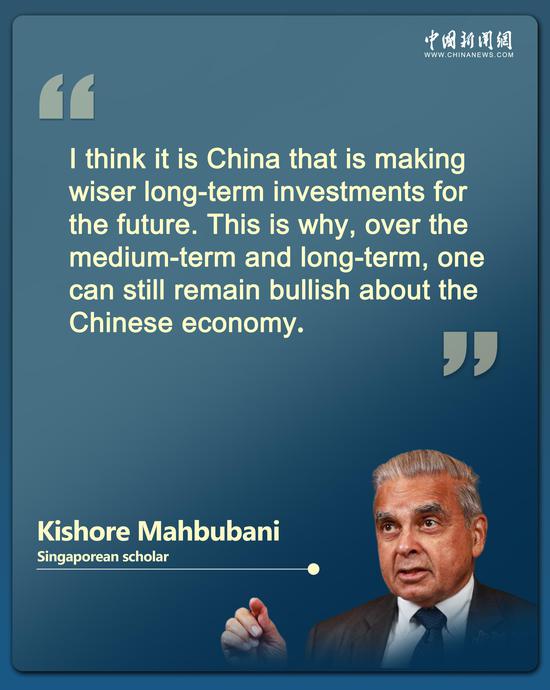
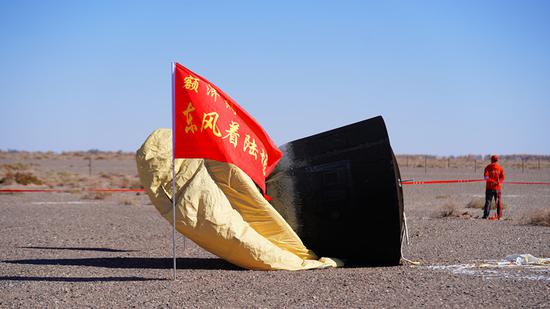
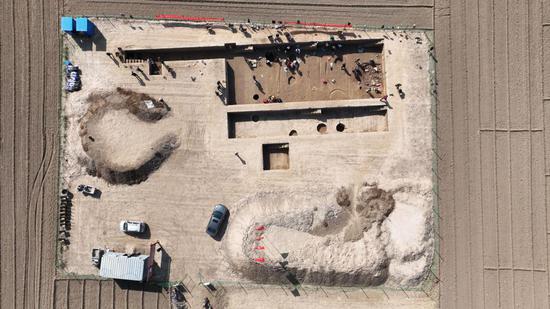



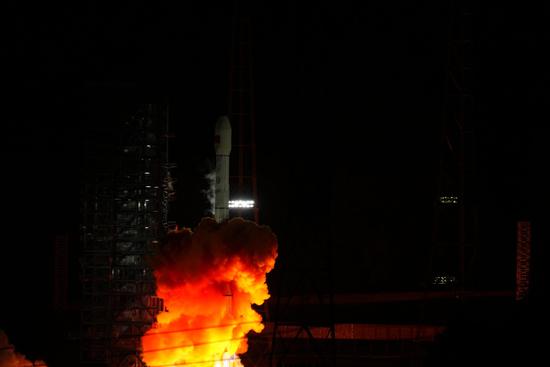
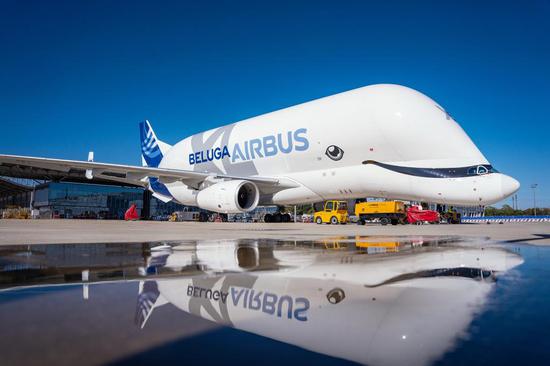
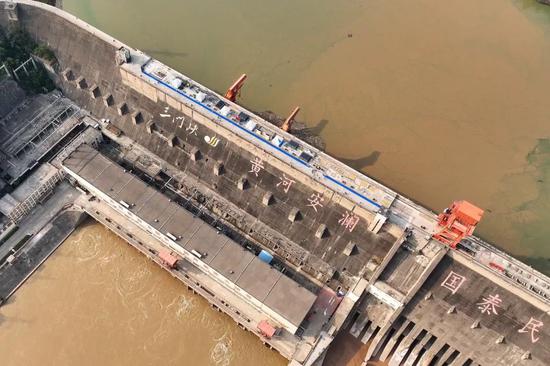

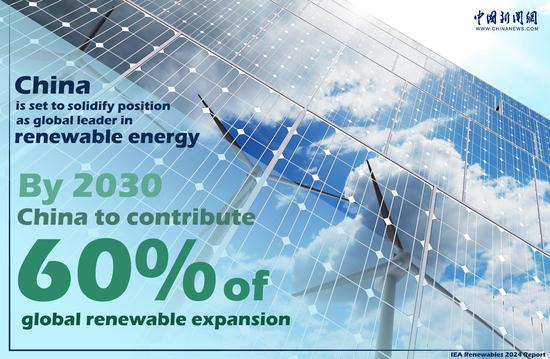
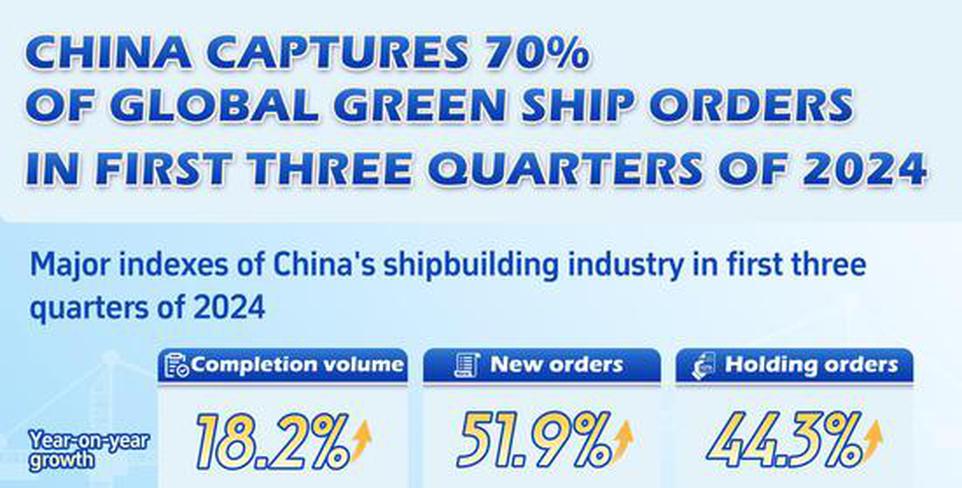

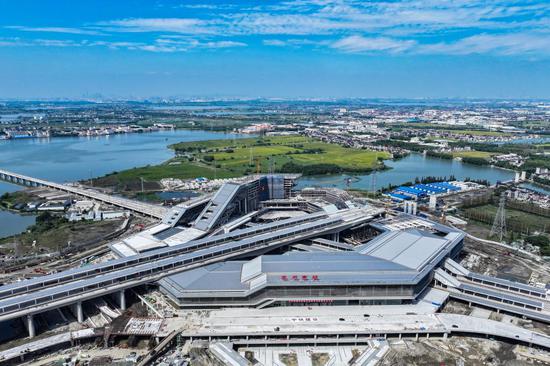
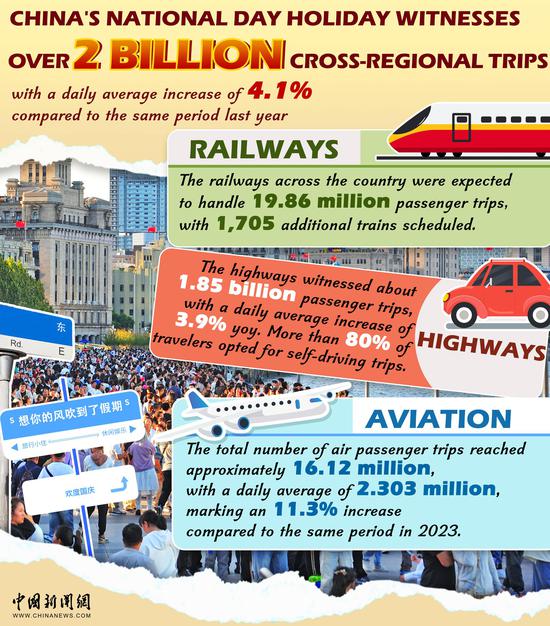
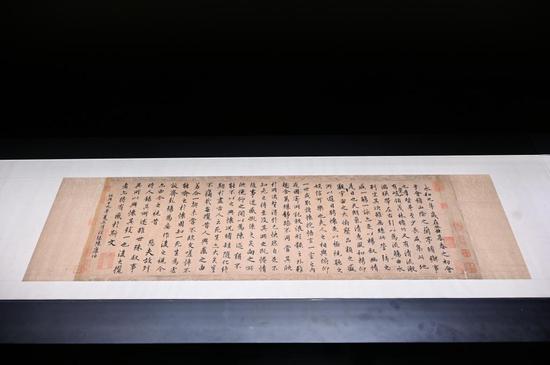
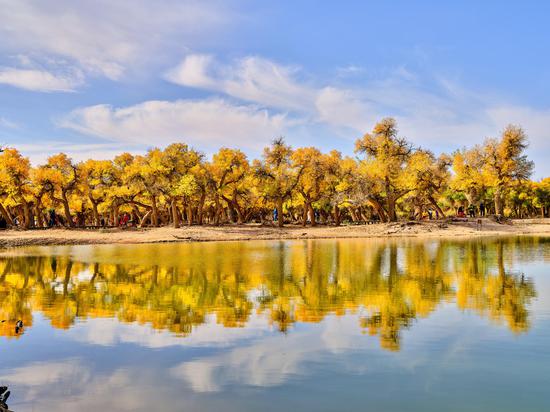

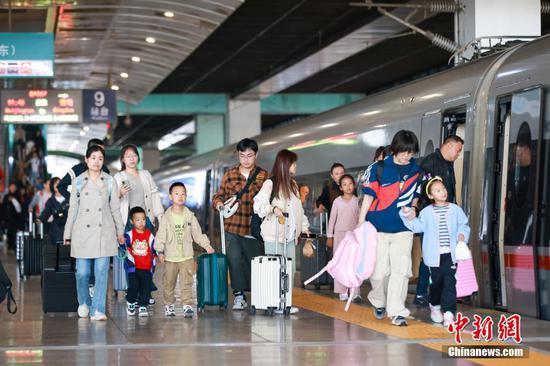
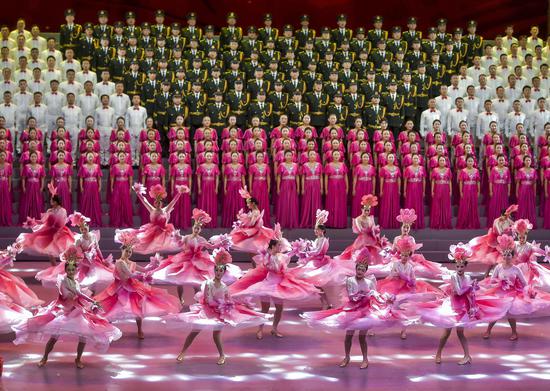

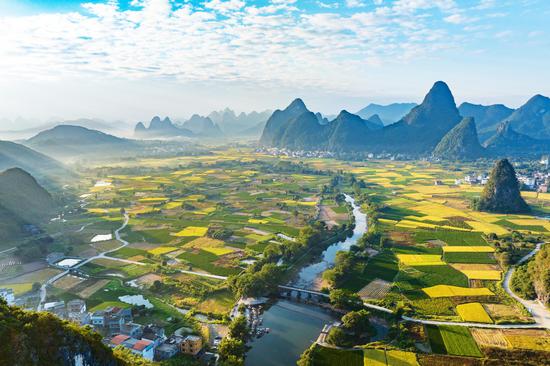
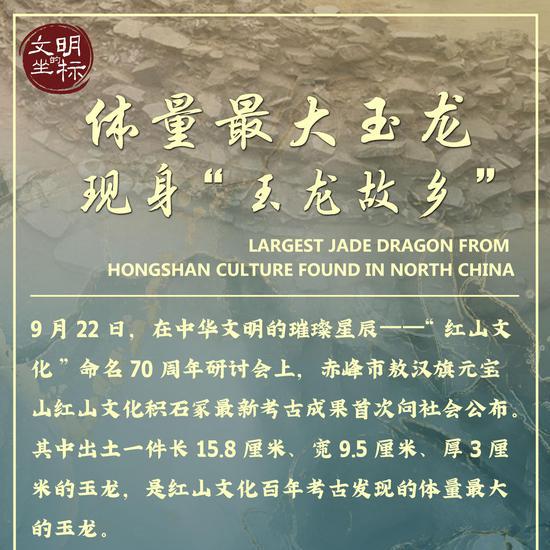
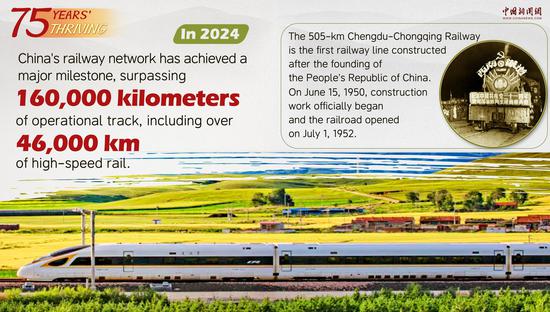
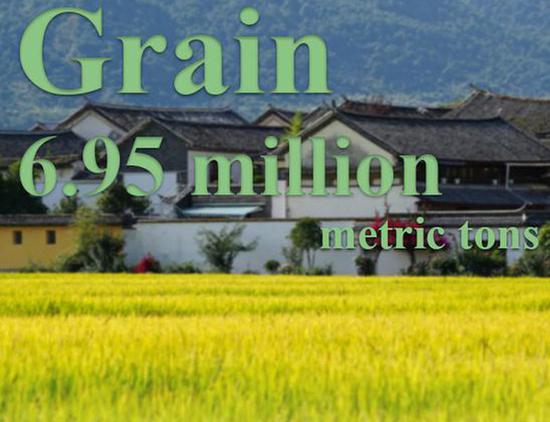






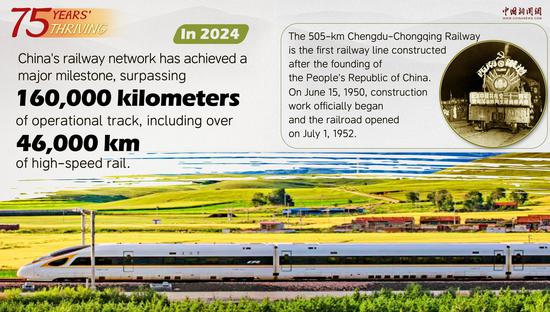
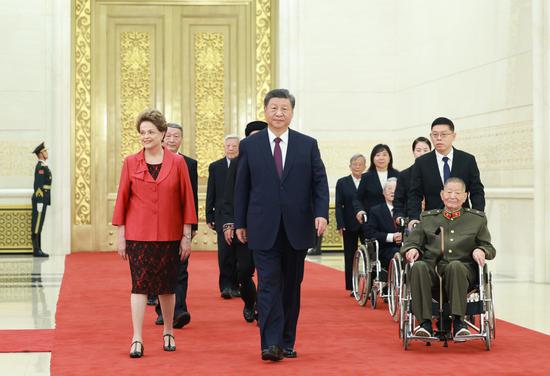

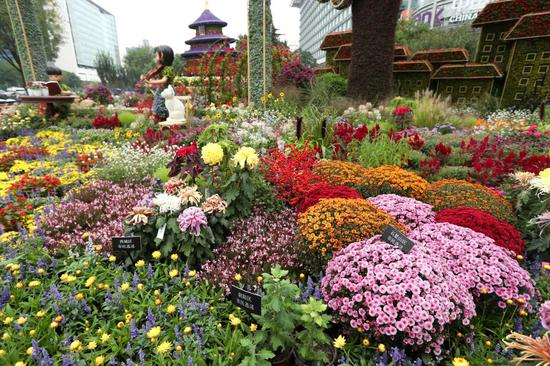
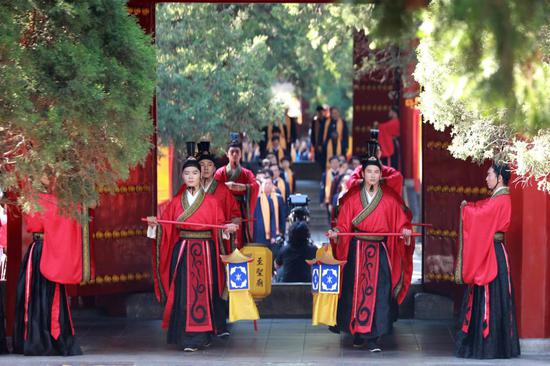


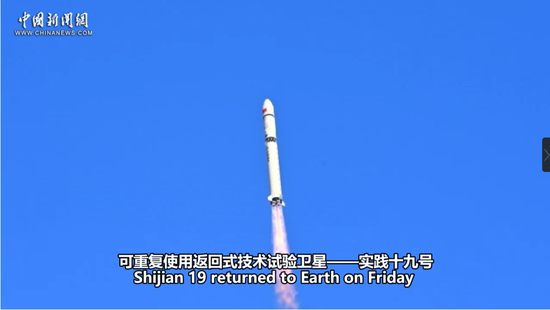



 京公网安备 11010202009201号
京公网安备 11010202009201号